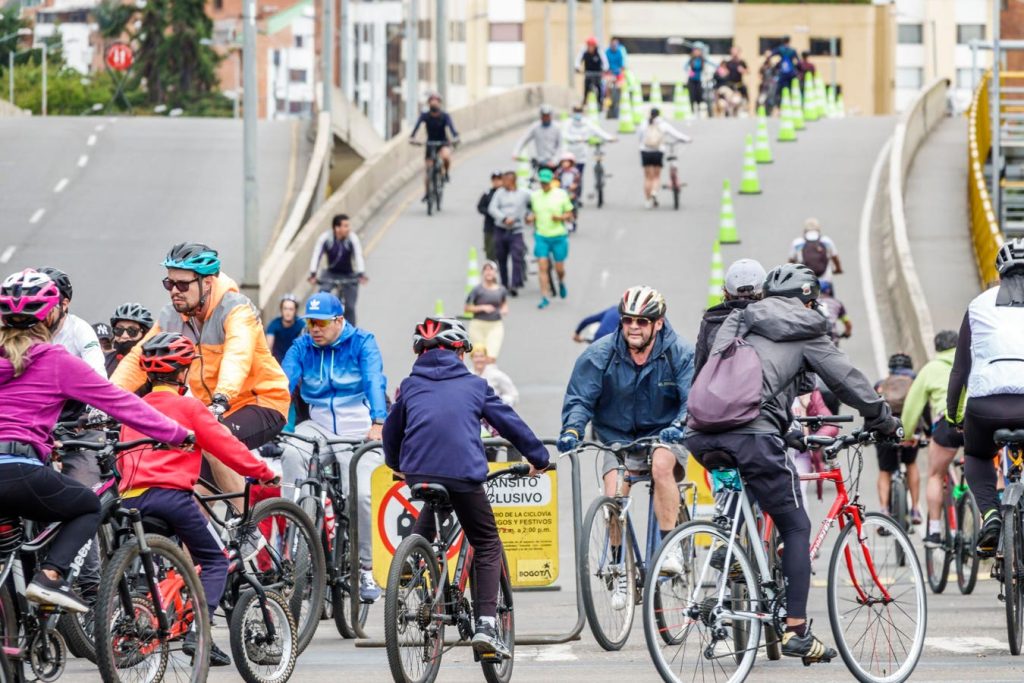The global car industry is undergoing a massive shift towards electric vehicles, with almost 1.5 billion cars globally. While the switch to zero emission cars is crucial for reducing transport emissions, rising car ownership threatens to erode these benefits over time. Half of the solution to clean, green mobility lies in walking, cycling, and public transport, especially in cities where most of the world’s population resides.
The top five auto makers are making strides in the electric vehicle market, but the transition to sustainable transportation also requires the support of transport ministries in key countries like China, the USA, Brazil, India, and Germany. In addition to electric cars, two-wheeled vehicles like bicycles have untapped potential and are rapidly growing in popularity. The global e-bike market is projected to reach $30 billion by 2025. However, despite over a billion two-wheelers in use, their potential remains largely untapped outside of South East Asia.
Safe cycling infrastructure is crucial for unlocking the potential of bicycles, as it encourages more people to choose cycling for their daily errands. National and state governments need to prioritize cycling infrastructure in the same way they support the auto industry. Cycling offers numerous benefits, including improved public health, combating social isolation, enhanced affordability, and reduced traffic fatalities.
Electric vehicles and bicycles are not competitors but perfect partners in the future of urban mobility. While EVs are ideal for long journeys and heavy loads, bikes, especially e-bikes, are perfect for short trips within cities. They can help conquer the “last mile” challenge, save space, promote efficiency, and offer flexibility for different types of trips. Prioritizing cycling infrastructure can enable a sustainable transportation system that prioritizes people and the planet over car-centric convenience.
Cities worldwide are recognizing the power of bicycles and are investing in cycling infrastructure to promote sustainable mobility. African cities are also emerging as rising stars of cycling, with initiatives to build large cycling networks and prioritize safety for cyclists. Studies show that people are willing to shift to cycling for their daily errands if they feel safe and supported by infrastructure.
It is time for transport ministers to prioritize safe and convenient cycling infrastructure to encourage more people to shift to this sustainable mode of transport. By investing in cycling infrastructure, cities can unlock the immense potential of bicycles and create a future where clean air, healthy communities, and sustainable mobility are the norm. Join the challenge, get on your bike, and shift gears towards a more sustainable future.


